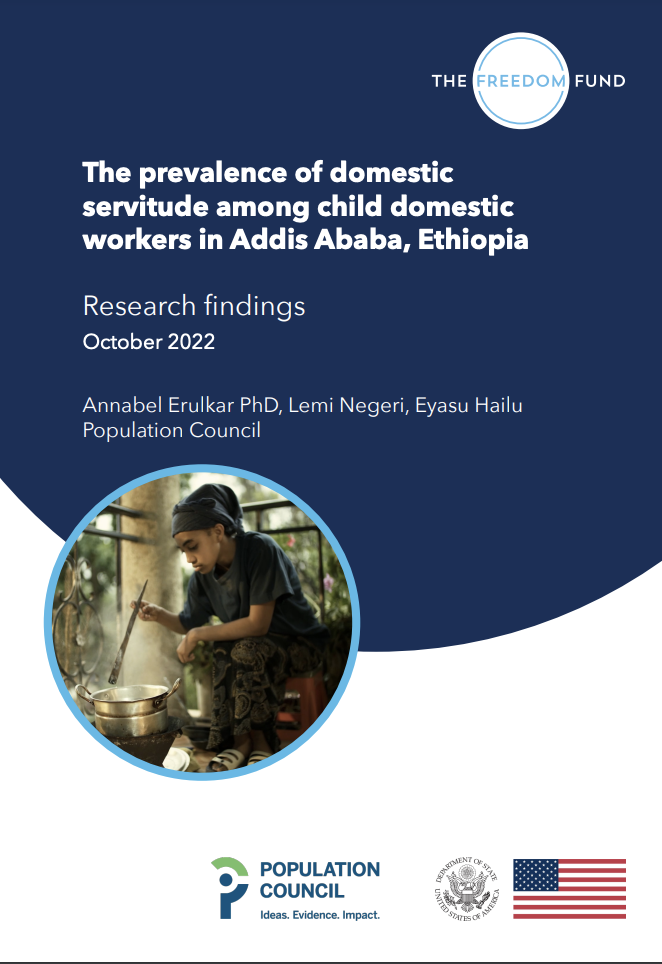It is estimated that there are 17.2 million child domestic workers globally, most of whom are girls (International Labor Organization (ILO), 2013; ILO, n.d.). Despite their large numbers, research related to this marginalised group is extremely limited, with most of the existing research remaining at a small scale or subsumed in other topics, such as domestic workers generally. The dearth of evidence related to child domestic work arguably limits awareness about girls in such circumstances and inhibits the design and implementation of context-appropriate policy and program responses. The present study represents one of the few large-scale studies to examine the phenomenon of child domestic work, including its prevalence, the entry and experience of girls in this work, and levels of human trafficking, hazardous work and illegal child labour.
This research was a mixed-method study that included a large-sample, population-based study of girl child domestic workers as well as qualitative, in-depth interviews with a smaller group of girls. The study took place in low-income areas of Addis Ababa, Ethiopia, specifically, areas that were identified by child domestic work experts and stakeholders as locations where large numbers of child domestic workers are found. Unlike previous studies that focus exclusively on those who identify themselves as domestic workers, this study explicitly takes into account ambiguities in distinguishing child domestic workers, especially when workers are distant family members or children considered to be fostered.

